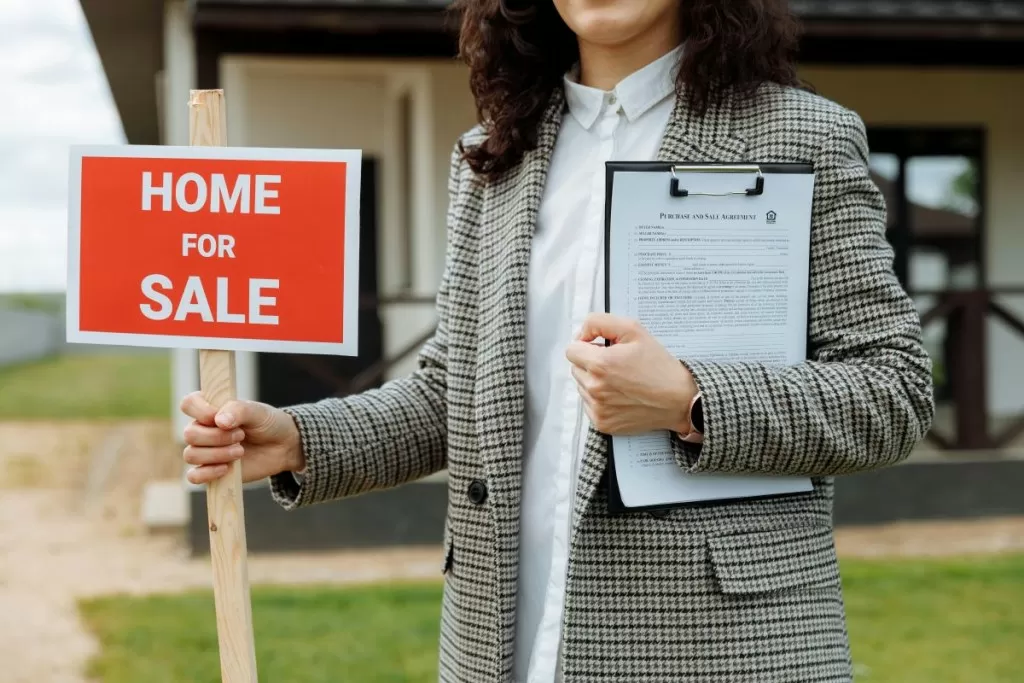Once a home is put on the market and a seller accepts an offer, the process of selling a home may seem like it’s on its way to a smooth and successful closing. However, there are still a few important steps that need to be taken before the keys are handed over to the new owners. One of these steps is the period of time between accepting an offer and the closing, during which the home is considered to be under contract. This period can be crucial for both the seller and the buyer, and it’s important to understand what happens during this time and the potential risks involved.
First, let’s define what it means for a home to be under contract. When a seller accepts an offer from a buyer, they enter into a legally binding agreement known as a purchase contract. This means that the seller has agreed to sell the home to the buyer at a specific price and under certain conditions, and the buyer has agreed to purchase the home under those same conditions. This contract also includes a timeline for the closing, which is typically around 30-60 days from the date the contract is signed.
During this period of time, the home is considered to be under contract and is essentially off the market. This means that the seller cannot accept any other offers from potential buyers, and the buyer has the exclusive right to purchase the home. However, there are some situations where a seller may still consider accepting backup offers.
Backup offers are offers made by potential buyers who are interested in the home but were not the first to submit an offer. These offers are only considered if the first offer falls through for some reason, such as financing falling through or the buyer backing out for personal reasons. In this case, the backup offer would become the primary offer and the process would continue as normal.
So, why would a seller consider accepting backup offers? There are a few reasons why this may be beneficial for both parties involved. First, if the first offer does fall through, having a backup offer in place can help speed up the process of finding a new buyer and keep the sale on track. Additionally, accepting backup offers can also create a sense of urgency for the first buyer to move forward with the purchase, as they know there are other interested parties waiting in the wings.
However, accepting backup offers can also come with some risks for the seller. If the seller decides to accept a backup offer and the first offer falls through, they may be legally obligated to sell the home to the backup buyer. This could potentially lead to a breach of contract with the first buyer and result in legal action being taken against the seller. Therefore, it’s important for sellers to carefully consider the risks and consult with their real estate agent or attorney before accepting any backup offers.
Another important factor to consider is the timing of accepting backup offers. If a seller decides to accept a backup offer too late in the process, it could also lead to legal issues. This is because once a home is under contract, the buyer has the exclusive right to purchase the home and the seller cannot accept any other offers. If the seller accepts a backup offer after this point, it could be seen as a breach of contract with the first buyer and could potentially result in legal action.
In addition to the legal risks, accepting backup offers too late in the process can also create confusion and frustration for all parties involved. It’s important for sellers to communicate clearly with their real estate agent and any potential backup buyers to avoid any misunderstandings or conflicts.
In conclusion, while accepting backup offers can have its benefits, it’s important for sellers to carefully consider the potential risks and consult with their real estate agent or attorney before making any decisions. It’s also crucial to understand the timeline and limitations of accepting backup offers to avoid any legal issues. With proper communication and careful consideration, the process of accepting backup offers can help ensure a smooth and successful closing for both the seller and the buyer.

